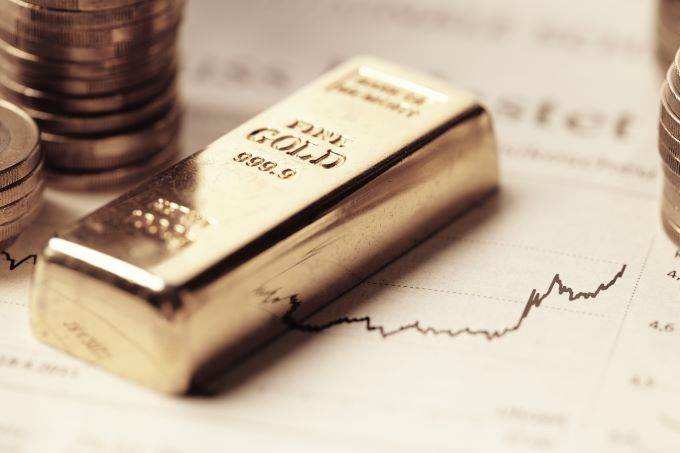 Market participants are once again concerned (or, perhaps, more concerned than they have been lately) because of the effects of the coronavirus epidemic on global economic performance. Last week, traders learned that several countries were calling for implementing fiscal measures in order to boost the global economic performance. Federal Reserve Chairman Jerome Powell also announced last week that the United States economy is doing well but that the economic slowdown is expected to persist in countries like France and Japan.
Market participants are once again concerned (or, perhaps, more concerned than they have been lately) because of the effects of the coronavirus epidemic on global economic performance. Last week, traders learned that several countries were calling for implementing fiscal measures in order to boost the global economic performance. Federal Reserve Chairman Jerome Powell also announced last week that the United States economy is doing well but that the economic slowdown is expected to persist in countries like France and Japan.
Until now, more than 2000 deaths caused by the coronavirus epidemic have been reported. More than 77,000 patients are currently infected, most of them dwelling in mainland China. Other Asian countries like South Korea, Japan, and Singapore have reported fatalities as well as infections, and it's now a confirmed fact that the outbreak has also reached western countries like Italy and the United States.
It goes without saying that the economic impacts of the outbreak are being felt not only in China but in countries that have an economic relationship with it. An ex-IMF official said recently that the falling consumption during the first quarter of this year is expected to bring down the Chinese economic growth by three or four points, other organizations have already revised down their economic growth forecasts for this Asian country.
“The falling consumption in the first quarter could knock down growth by three or four percentage points,” said the ex-IMF official Zhu Min, “We need a strong rebound, and that needs 10 times as much effort,” he added, pointing out that the outbreak may cost China around US $185 billion.
This dire outlook made the OECD Secretary-General Angel Gurria call the countries with fiscal surpluses to implement fiscal measures that would aid global economic growth. Japan and some European Union countries are seemingly taking the same route, as the Japanese finance minister Taro Aso called other G20 members to consider this option during their meeting at Riyadh. Germany, in a surprising move, also signaled its willingness to take on this route after its finance minister together with his counterparts declared that the European Union members should be ready to spend more if the economic downturn hits the 19-country bloc.
When risk-averse traders are feeling unease they usually run towards safe-haven assets as those can safeguard their portfolios from economic downturns. US treasuries, gold, and the Japanese Yen are considered safe assets, so it shouldn't be a surprise for us that, given the current pessimistic environment, investors favored some of them against other riskier assets.
Last week gold futures surged hitting a 7-year high at the end of Friday's session, gaining 1.73 percent during that day and climbing 3.86 percent during the week. However, the Japanese Yen, which has been traditionally considered part of this group of assets, lost its status last week according to some analysts due to the market predilection for the US dollar, only to be vindicated at the end of it. The USD/JPY pair climbed 1.62 percent during the week, giving up some of its gains at the end of Friday's session, losing 0.48 percent on Friday.
While daily deaths and diagnoses in China have waned slightly, there has been an increase in diagnoses throughout the world, and traders remain skeptical that the disease has peaked, as suggested last week. Global markets will certainly be vulnerable to additional movements based on news from China in the coming week.
